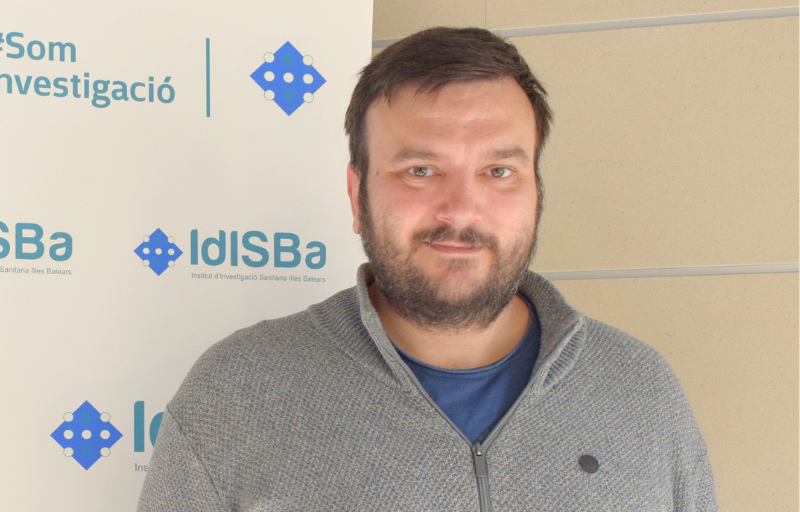EATRIS is an organisation that brings together over 150 translational medicine institutes. This means that many amazing treatments and innovations are being developed every day for the benefit of the patients. As a part of the Spanish Spotlight Programme, we are highlighting some of the promising research happening in EATRIS Spain.
We had the pleasure of interviewing Pau Pericàs Pulido, an intensive care medical doctor and software developer. He is sharing insights as the Manager of the Health Research Institute of the Balearic Islands (IdISBa).

Tell us a bit about yourself.
I’m Pau Pericàs, an intensive care medical doctor and software developer. For the last 4 years, I have been the Manager of the Health Data Research Platform of the Balearic Islands, a service that extracts data from electronic health records for research projects. In this capacity, the most exciting endeavour has been the harmonisation of data to the OMOP Data Model, which allows us to participate in large federated analysis with research centres across Europe and beyond.
How are you connected to EATRIS?
The research institute I work in, the Health Research Institute of the Balearic Islands (IdISBa) joined EATRIS last year. Since then, the availability of a reliable Real Word Data source with a functioning governance procedure has greatly boosted our collaboration with other institutions.
What is your current research focusing on and what’s the potential impact on human health?
As a service provider, we don’t have a specific research focus at the Health Data Research Platform. However, some research groups require our services more often than others and we have acquired more experience in their fields of focus. This is the case, especially in primary care research and pharmacoepidemiology.
What challenges do you face in this field or your research, and how do you approach overcoming them?
The biggest challenges in the secondary use of health data for research are detecting and gaining access to data silos, which have formed over decades of infrequent data sharing. Fortunately, the European Commission is a strong supporter of the Open Science principles and the creation of the European Health Data Space.
How do you incorporate patient engagement or collaboration into your research process, and why do you think it’s important?
Due to the nature of our position as a platform, which provides data services to researchers, our relationship with patients is very limited. We focus on ensuring patients’ data privacy rights and that this data is used for quality research, which will benefit the population as a whole. In line with these objectives, we are working on implementing dynamic consent systems so that patients can easily see what their data is used for and withdraw their consent if they don’t agree.
What future trends or technologies in translational medicine excite you the most, and how might they influence your work?
In the health data research field, artificial intelligence is playing a central role and changing how researchers approach complex issues. This has increased everyone’s interest in making sure that a proper legal and operational framework is in place to allow the widespread, secure and quality sharing of data.
What has been the most rewarding moment in your career as a research scientist so far?
Finding similar solutions is very inspiring. It’s incredibly rewarding when the people spearheading the data revolution are not only sharing your concerns, methods and solutions but are also counting on you to face these challenges together. At the end of the day, it’s gratifying when researchers tell us that without our services, their research wouldn’t be advancing as fast as it is.
















